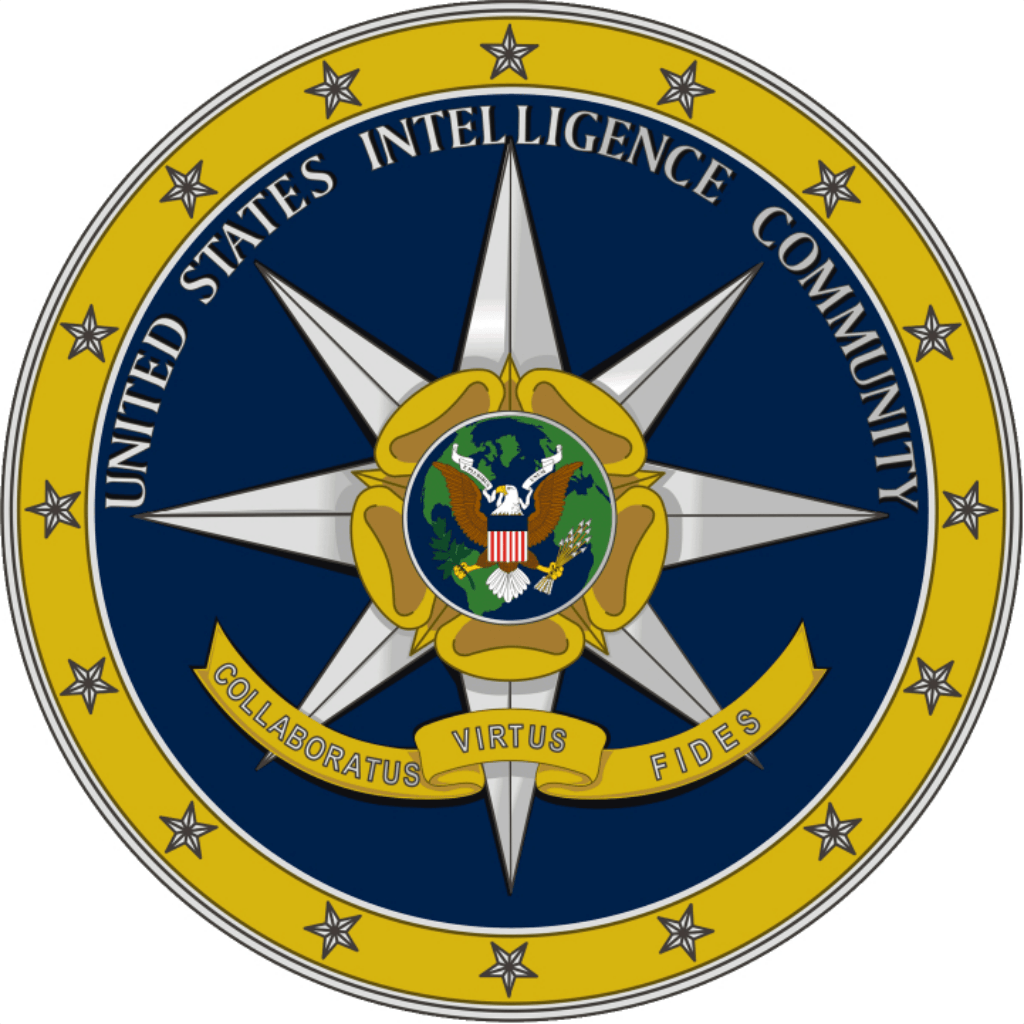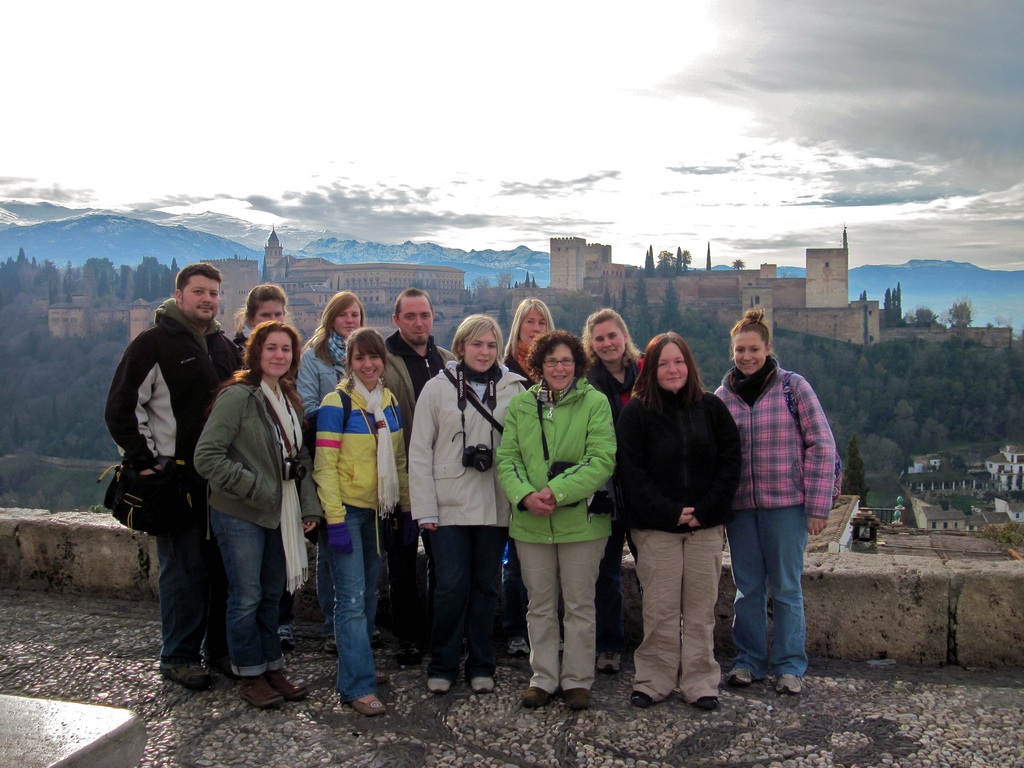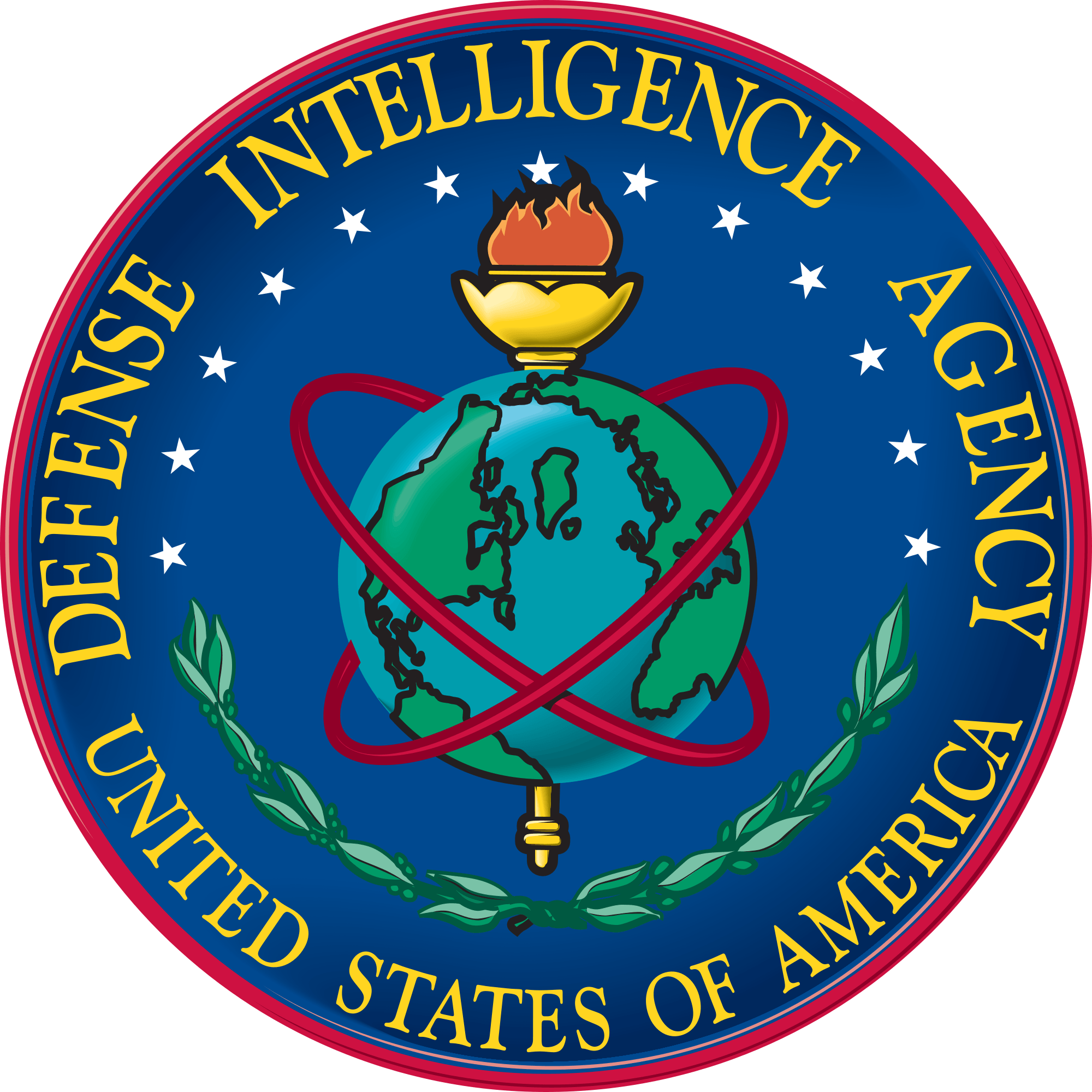
The popularity of James Bond films, and more recently the Jason Bourne series, have always had everyday citizens intrigued with “spies” – as they are called in Hollywood. While this terminology is not accurate for either James or Jason (intelligence officers manage spies who collect information for them) the role has inspired a great many to seek out answers on what it means to be an intelligence officer.
When you operate in the shadows, you celebrate in the shadows.
After the tragic events of 9/11 applications in the intelligence community went through the roof and with the Global War on Terror raging still, the volume of wannabe intelligence officers is still remarkably high. In the content that follows, we will help describe the realities of these positions, while also explaining the process for entering the US Intelligence community.

[in_content_ad]
Before someone applies to any of the 17 member agencies of the United States Intelligence Community, it is important to know what function you want to play in that community. It must be understood that the vast majority of individuals in the community are not field operators. However, such positions do exist and we will attempt to explain the best ways to seek those out as we progress in the article.
When thinking of the intelligence community, most minds go right to the movies, but operators and analysts are not the only positions available, far from it. Think of the Intelligence Community as its own ecosystem, where all the roles you would find in the outside (non-classified) world exist.
Whether you are a scientist, a doctor, a lawyer, a custodian, a general contractor, a pilot or an artist – you can find a home in the intelligence community. Just remember this, and we will repeat this often, your main goal to break into this selective world is just to be accepted in the first place. Once you have a clearance and are in the community, while not necessarily easy, it is far more possible to move around from organization to organization or switch roles.

[in_content_ad]
To start, let’s review who is in the Intelligence Community. While most immediately think of CIA or NSA, there is far more depth to the community. It is also important to understand that not all of the agencies operate in the same fashion.
Intelligence Community Members
- Office of the National Director of Intelligence (DNI)
- Central Intelligence Agency (CIA)
- National Security Agency (NSA)
- Defense Intelligence Agency (DIA)
- Federal Bureau of Investigation (FBI)
- National Geospatial-Intelligence Agency (NGA)
- National Reconnaissance Office (NRO)
- Department of Energy (DoE)
- Department of Homeland Security (DHS)
- Department of State (DoS)
- Drug Enforcement Administration (DEA)
- Department of the Treasury
- US Navy
- US Army
- US Air Force
- US Coast Guard
[in_content_ad_ora]
The Big Dogs
The most prominent and well known members of the intelligence community are no doubt CIA and NSA. Sure, everyone knows the FBI, but given their law enforcement bent and charter being focused on domestic intelligence gathering, “the agency” (CIA) and NSA often come to mind first.
I cannot tell you how many times I have had students speak to me and be dead set on working for CIA, without giving as much as a second of consideration to the other members of the IC. CIA can be a great organization to work for, but they – like all organizations – come with their problems too.
The main point being, do not limit yourself to applying to CIA and just hope for the best. It is the most difficult of the 17 members to gain entry to and not necessarily the best fit for you.
The same goes for NSA. Entry is difficult, and if you are not a mathematician, linguist or engineer of some sort, they are probably not going to be the best fit. That said, all of the IC members have positions that buck the norm and will align better with your skills. For example, NSA does have positions for regular analysts, background investigators, polygraphers, etc.
[in_content_ad_jw_player]
[in_content_ad]
Apply Everywhere
Whether you are in your last year of school or just wanting a career change, if you decide that the intelligence community is where you want to land, then apply to as many positions as you can.
Yes, this sounds desperate. Yes, this takes more time to complete the long applications online. However, in this ultra-competitive world you will need to have as many irons in the fire as possible.
To find multiple positions search each organization’s website or USAJobs.Gov. If you are looking for operations or analysis roles, once in the search area, look up ‘0132’, which is the designator for most intelligence positions.
[in_content_ad]
Who they Want
While it is impossible to say what each and every organization wants for the myriad of positions available in the intelligence community within this post, we will focus on the traditional roles of operations and analysis.
Since the 9/11 surge the competition to get inside these buildings is more difficult than ever. Most all organizations will require a four year degree with a strong academic record. Several of the agencies will prefer (and in some cases require) three years of work experience to demonstrate that you have lived and operated on your own.
Academic thrusts can really focus on anything, but the more logical and aligned majors would be international studies, political science and/or language.
[in_content_ad]
Candidate Differentiators
To separate yourself from the pack though, trust us – just studying one of the aforementioned fields will not make you unique – you should try to demonstrate a few other things.
Language ability: We know, most people hate learning other languages, but most people don’t want to be intelligence officers either. If you do – buckle up and learn a language that will be helpful to our national security apparatus. This shows commitment, willingness and ability to learn new skills and can prove helpful to certain departments.
As a further tip, do not take Spanish or French like everyone else. Sure Latin America is a vital part of our national security mission, but these days everyone speaks Spanish. Learn a more difficult language that aligns with our security issues, such as Arabic, Farsi, Dari, Urdu, Chinese, Russian or Somali.
[in_content_ad_bannersnack]
[in_content_ad]
Additional Differentiators
World Travel: Get out of the country. Study abroad or just travel. This will undoubtedly come up during your application and/or interview process. This demonstrates your willingness and ability to leave the comforts of home and learn about new cultures. If you serve in the clandestine service for any of the major agencies, you will spend a lot of time away from home.
Military/Police Background: This is certainly not a pre-requisite for the job (sans a few), but it not only checks off the experience block, but demonstrates experience in a job where chain of command is king, while also bringing valuable training that may apply to your position in the community.
[in_content_ad]
Set Expecations
Everyone thinks Jason Bourne is the way most intel operators live their lives. False.
While very exciting positions exist and their will be moments of intense stress and/or danger, you will likely not need to be storing passports in picture frames throughout your house and have a bag of cash, weapons and disguises under a floor board.
The vast majority in the intelligence community are not even trained on weapons, but rather spend a great deal of their time behind the computer, writing and attending meetings to discuss national security issues. You will have access to information about individuals, groups and threats to this nation that the rest of the world does not have, but to keep expectations in check for the Bourne wannabe’s – odds are you will not ever have an opportunity to have a position like this.
Do not be discouraged though. You will get your adrenaline fix and blood pressure up if you so choose and remain persistent. We will explain further as we go, but wanted to ensure that was known before we discussed more steps in the application process.
[in_content_ad]
Don’t Blab About Your Applications
If you followed our earlier advice, you have applied to multiple agencies for multiple positions. Good job.
Now, do not fall into the trap that so many others do and talk about their many applications. “I am going to be an intel officer,” “I am going to work at Langley,” “I am going to work in counterterrorism.”
All these sound cool, but keep your aspirations to yourself, or at minimum very general, i.e. “I want to work for the government.”
This is imperative as you will be asked during your interviews and eventual polygraph. If you are boasting about your possible career in the IC, you probably shouldn’t be working in the IC.
[in_content_ad]
This Career Isn’t About the Accolades
Not only is this the era of ‘everyone gets a trophy’, but everyone then shares it to social media and boasts about their experiences and accomplishments. Trust us, despite what your mom told you, you aren’t that great.
So if that is you, then look elsewhere for a career. The intelligence community is not about public recognition. It is about keeping our nation safe while no one knows you are doing it and then doing it again, and again and again.
To complicate things further, the IC is grossly misunderstood by the public and the mainstream media. People who do not have the clearance and information to articulately debate issues will ridicule you with 10% of the facts, and you will not be able to say anything back. As such our people are often ridiculed and rarely rewarded or applauded.
When you operate in the shadows, you celebrate in the shadows. Whether run of the mill tasks or being a part of a team that stopped a major terrorist attack, you will have to celebrate on the inside. Your wife, your family and your friends on social media are not privy to what you are doing on a daily basis – despite the mainstream media’s current efforts to make everything transparent.
[in_content_ad]
Don’t Quit Your Day Job
Perhaps the most frustrating part of applying for positions in the intelligence community is the lack of information provided to candidates and the length of time that it takes to secure entry and actually start your job. In some cases, the process can take up to 2 years from the date of application.
Once you apply, you will typically not hear anything back for 4-8 weeks (sometimes longer), at which point it could be a thin envelope or email simply stating you will not be considered. For others, you will receive requests for additional information and/or the first of many interviews. Regardless of the process at each organization, the time in between steps is typically long and lacking in communication. Know that in the intelligence community we have a saying, “no news is good news.” The Human Resources departments and recruiting divisions are inundated with applicants and newsflash, the government is not the most efficient beast in the world.
[in_content_ad]
Security Portion of the Application
Once you get to the security portion of the application process, you can rest assured that they are interested in you, pending a successful background check and polygraph.
That said, you are not guaranteed to pass this portion and it takes a long time. You will fill out a form providing information on every aspect of your life for the last fifteen years, to include information on everywhere you have lived, neighbor’s names, references, your family members, friends, places you have traveled, foreigners that you know, etc. Your first time filling out this form will take a substantial period of time.
Once this is submitted you will be scheduled for a polygraph, while investigators are concurrently talking to people about you in every location that you have been for the past fifteen years. This process costs the government a lot of money, and will take upwards of 6-9 months. Again, this is typically the longest part and the reason the entire application process is often longer than a Congressional term.
[in_content_ad]
Go With the Clearance and the Training
The most valuable advice I can give you is to accept the offer that comes first and provides you a Top Secret Clearance and, ideally, promises a training pipeline that aligns with your objectives.
While most want to work for CIA because they know the name so well, they do not realize that better training might exist elsewhere. For example, if you can get a clearance and intelligence training faster from DIA, then why not take it? Most agencies perform the same training these days and your skills will translate directly to other organizations, should you want to switch at some point.
Bottom line, you cannot truly understand and evaluate the different components of the intelligence community until you are in the intelligence community. So apply often, and get inside.
[in_content_ad]
Bonus Profile: Defense Intelligence Agency
As an example, should your desire be to serve as an intelligence officer in the field, consider DIA as a good launch point – or possibly even as a long term career.
I cannot tell you how many times I have mentioned the acronym DIA (Defense Intelligence Agency) and been given a look of confusion, followed immediately, by “who is that?”
There has been little done in the way of addressing the DIA in Hollywood, and the highly important organization rarely gets media coverage from the major networks.
However, this should not relegate the organization to the role and status that of third string quarterback on a mediocre football team. They serve, in the simplest of terms as the Department of Defense’s intelligence apparatus, performing nearly all of the same missions as the CIA. The CIA, however, has a broader application of their mission across the globe, while, in principle, DIA traditionally only performs intelligence operations in areas where the U.S. Military is stationed or involved in a conflict.
Bottom line: If you want to be an intelligence officer and get great training – apply to DIA in addition to your other favorites.




























